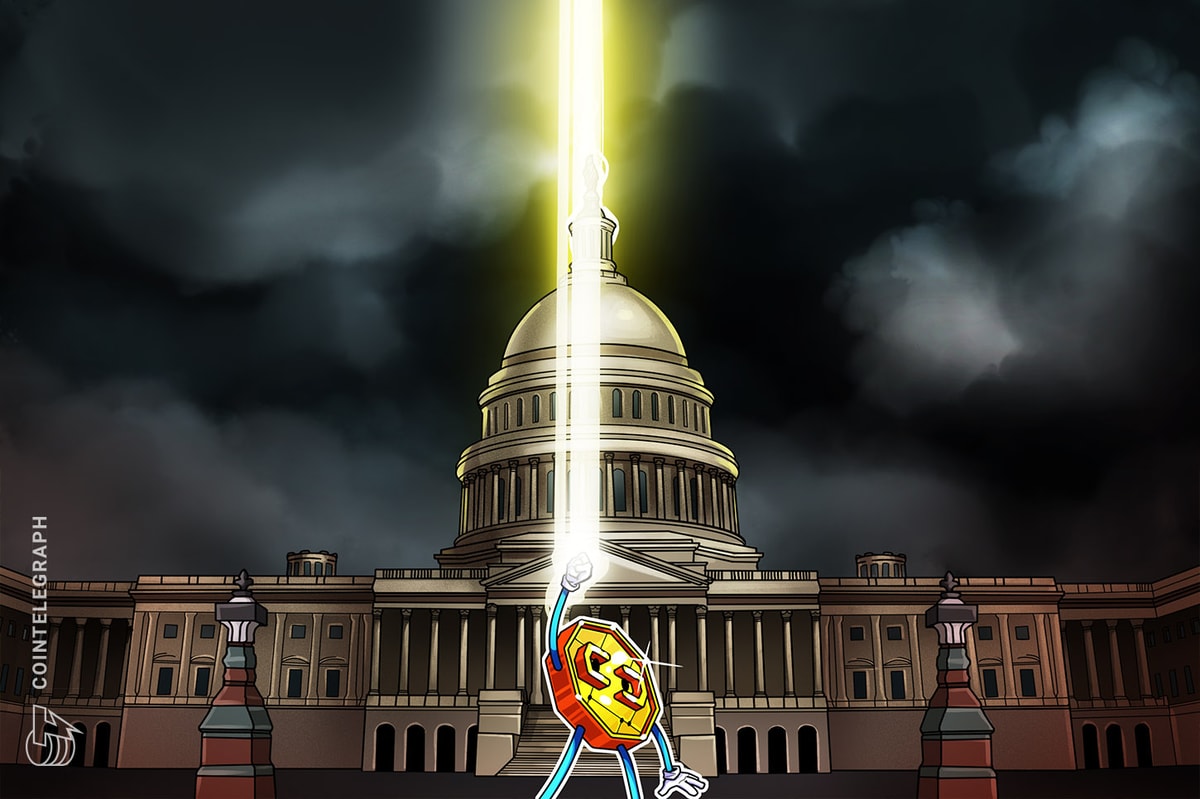Congressperson John Curtis, a United States representative for the state of Utah, took the stage at Permissionless III with Utah Senator Mike Lee to discuss the future of digital asset policy in the country.
When asked if the bipartisan cooperation on the repeal of Staff Accounting Bulletin-121 (SAB-121) — which made it incredibly restrictive for banks to custody crypto — was making a comeback, the member of Congress responded, “I think so, but it’s very fragile.” He continued:
“I think it’s really important for all of us — all of you as you push this issue in Washington — to realize if it becomes a partisan issue, we will have a very, very difficult time. Anything in Washington that becomes partisan struggles.”
“So, I think it’s important to find connection points with Democrats” to reach a consensus on regulatory policy, Curtis concluded, before noting that fellow lawmakers had trouble understanding the complexity of cryptocurrencies.
Curtis then called upon industry professionals to educate lawmakers and “carefully explain” the technicalities behind the crypto industry to dispel lawmakers’ fear of the unknown.
Congressperson Curtis is pictured on the right; Senator Mike Lee sits in the center. Source: Cointelegraph/Turner Wright.
Related: Overturned Chevron deference likely won’t impact crypto regulation: Tom Emmer
Senator Mike Lee weighs in
Senator Mike Lee asserted that the three worst things that could happen to cryptocurrencies would be for the US Federal Reserve to create a central bank digital currency (CBDC) — a move already facing opposition in some states such as North Carolina and Florida — overregulation by the federal government, and conflicting state-by-state regulations.
Lee characterized letting states decide their crypto policies as “Death by 50 cuts” for the industry and made it clear that digital assets are a new type of asset class requiring novel regulation.
“Cryptocurrency is not a security. Cryptocurrency is not a commodity. Cryptocurrency is used as a medium of exchange,” the senator told the audience. “I don’t even think we should tax the capital gain on the transfer of it,” Lee said.
The Utah senator concluded by stressing that for innovation to thrive in the crypto industry, the government must resist the temptation to overregulate or throttle the nascent sector.
Magazine: Lawmakers’ fear and doubt drives proposed crypto regulations in US









